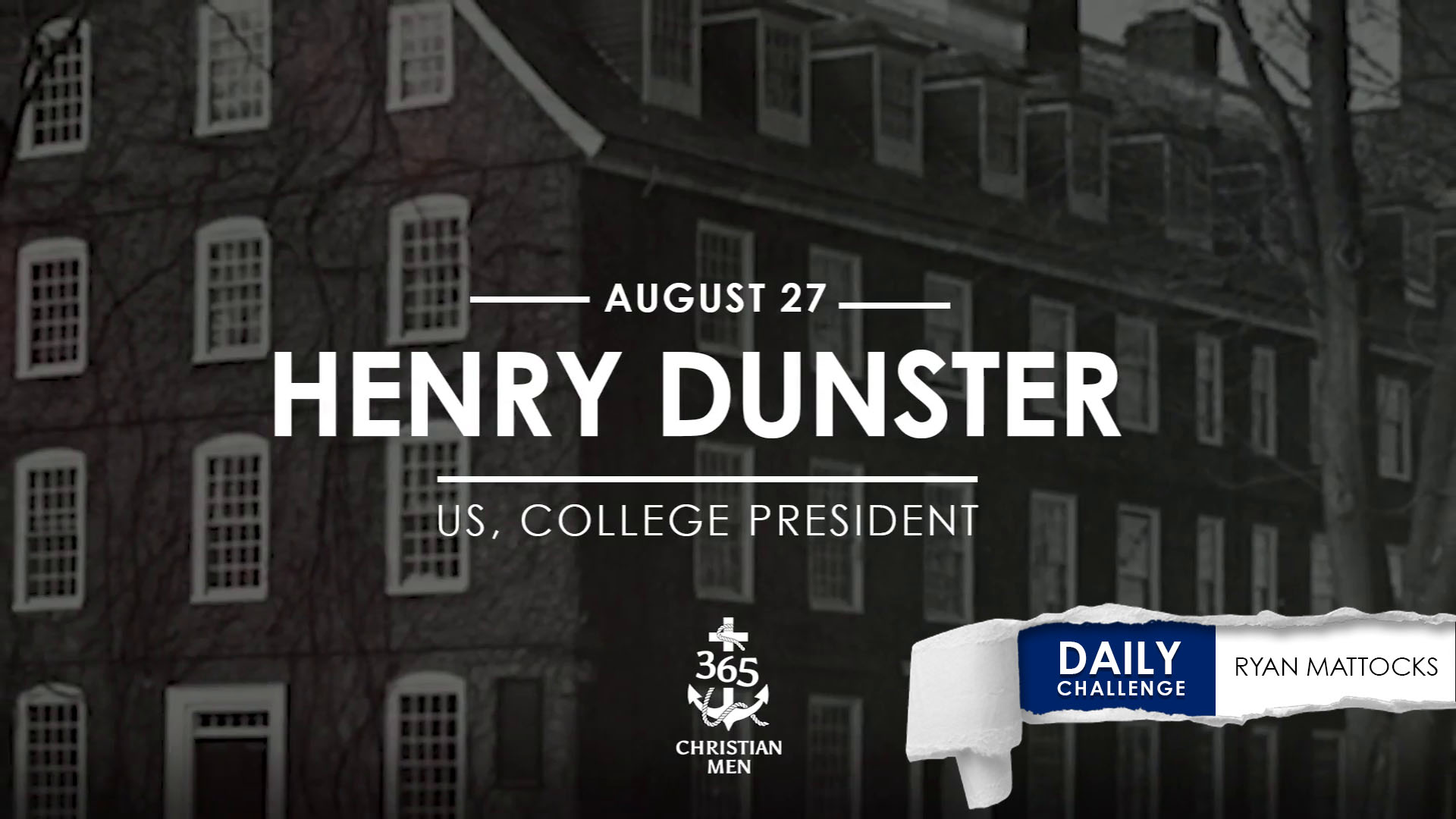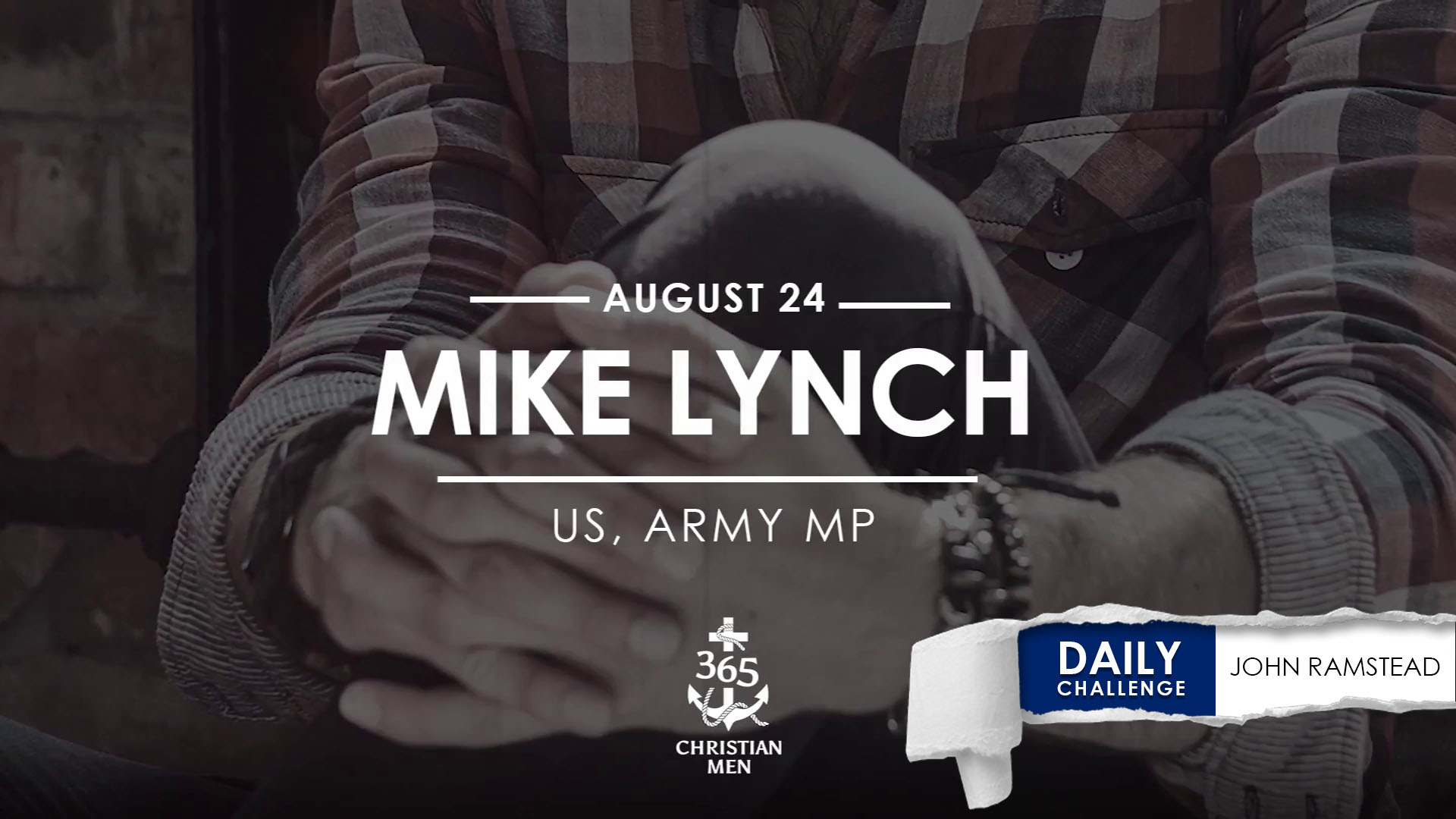September 2. Deano Sargent. Deano was a man who loved God, loved his neighbor, and loved to farm. He was a faithful man. A faithful man who did the job at hand, cared for the people at hand, and didn’t worry himself about getting to the top. Here’s his story.
When you value God’s people, they begin to see their worth.
The tractor motor roared, and Deano kept a steady eye on the horizon, a wake of heartland dust rising behind him. His heart overflowed with gratitude. How could simply serving God and loving others have led him here?
For as long as he could remember, Deano had always hoped of being a farmer, and now he was living the dream.
As a new resident of a small-farming town and rookie farmer, Deano decided to meet his neighbors. Rejecting the scuttlebutt about the “odd” couple who lived in the little red farmhouse, one day Deano showed up on their front porch—with a firm knock and a friendly smile.
The door opened, and a committee greeted him: there was Floyd and Mary and a heap of cats. Deano took Floyd’s leathery hand and pumped. And a unique friendship began.
Deano soon learned that this elderly couple had no children and no one to help them out in their time of need. And Floyd and Mary’s concerns became Deano’s to-do list.
“Everyone has a story, and their story deserves to be heard,” Deano often said.
From then on, Floyd regularly invited Deano to help on the farm. And Deano was happy to serve. He figured that was what God had created him for—and why God had put this love of farming in his soul.
But, in Floyd, Deano also found a farming mentor. And the two men enjoyed a growing bond around their shared love of farming.
One chilly spring morning, Deano got up before the sun made its appearance, and he hopped in his truck. He rumbled down the old gravel road to Floyd and Mary’s farm, and his coffee sloshed in the cupholder.
As he stepped out of his truck, Deano smiled and thought it was a beautiful morning. Without being asked, he had stopped by to spray Floyd’s fields for weeds before he went to work.
From the farmhouse, Floyd had heard the truck pull up and hurried out to see who was there. Surprised to see Deano, especially at this hour, Floyd walked out to the field and said, “Deano, I want you to do something for me. I want you to tell me you will take care of Mary if anything should happen to me.”
Deano was surprised. And with a compassionate smile said, “Sure, Floyd. You bet.” That was it. A short conversation, and they got on with the business of spraying weeds.
In the days ahead, Deano invited Floyd to Stiles Christian Church, where Deano served as an elder. Floyd gave his heart to Christ there, and was thrilled to have finally found a church family who accepted him and loved him like Deano.
And it was this same church family who wrapped their arms around Mary, when Floyd unexpectedly passed away.
From that day on, Deano visited Mary nearly every night, and he brought along caring conversation and a few jokes to brighten her day. He became the son she never had.
Whether taking her for Sunday drives around the farm, or attending special events at her nursing home, he was doing what he did best, planting seeds of love—in God’s creation.
On one of their many drives around the farmland, Mary said to him, “Deano, I want you to have all of this when I’m gone. All 600 acres.” And when she joined Floyd in heaven, she made that happen.
To anyone who would listen, Deano would say, “J.O.Y.—surely means Jesus first, yourself last and others in between.”
“Plant the good seeds of righteousness, and you will harvest a crop of love” (Hosea 10:12 NLT).
Is there someone in your life who needs to be reminded of their value? When you value God’s people, they begin to see their worth.
Based on an interview with Sandy Sargent and Melinda Sargent Bray, August 4, 2019.
Story read by: Chuck Stecker
Introduction read by: Daniel Carpenter
Audio production: Joel Carpenter
Story written by: Shelli Mandeville, https://worthy.life/
Editor: Teresa Crumpton, https://authorspark.org/
Project manager: Blake Mattocks
© 2020, 365 Christian Men. LLC. All rights reserved.














